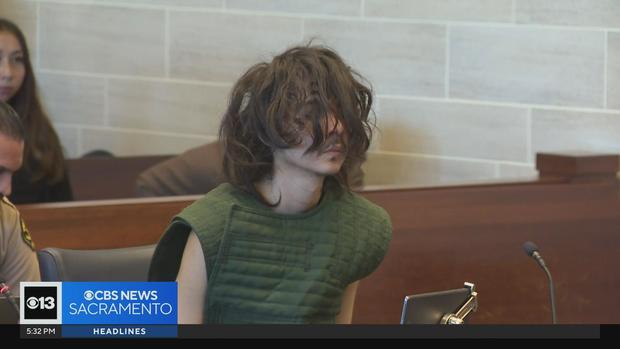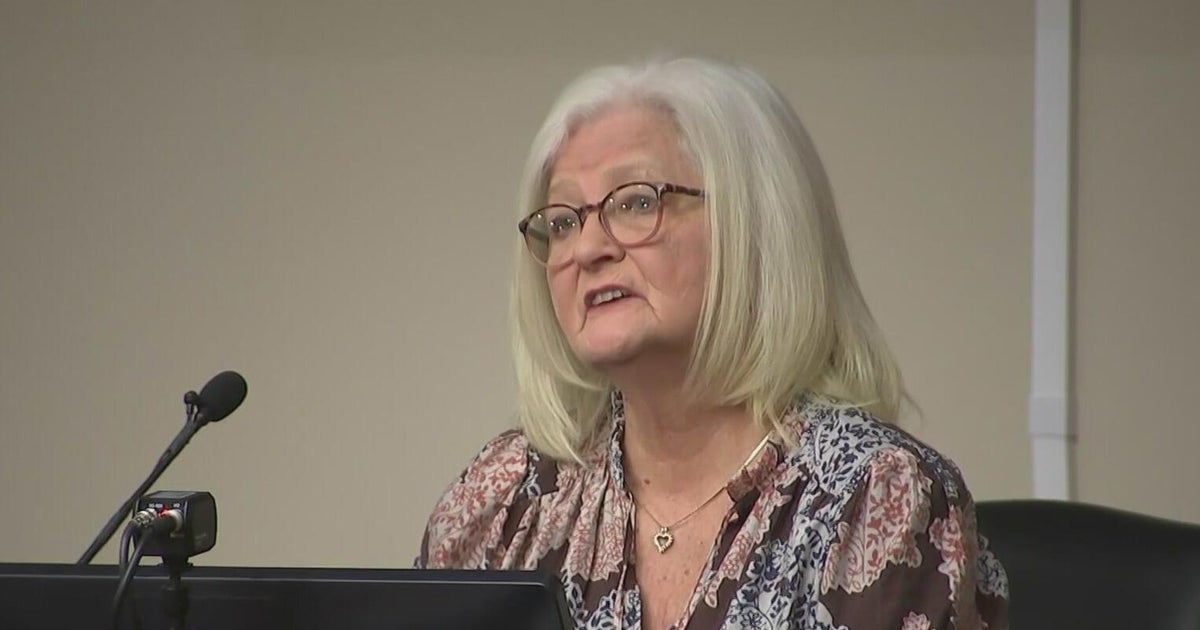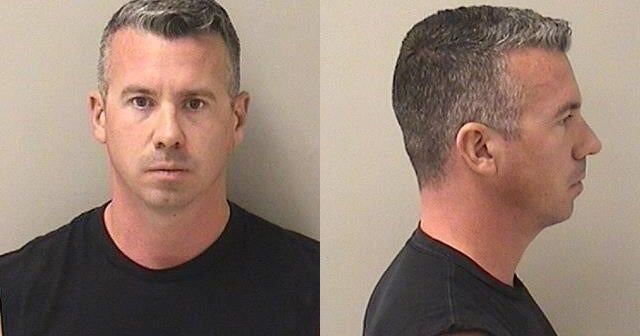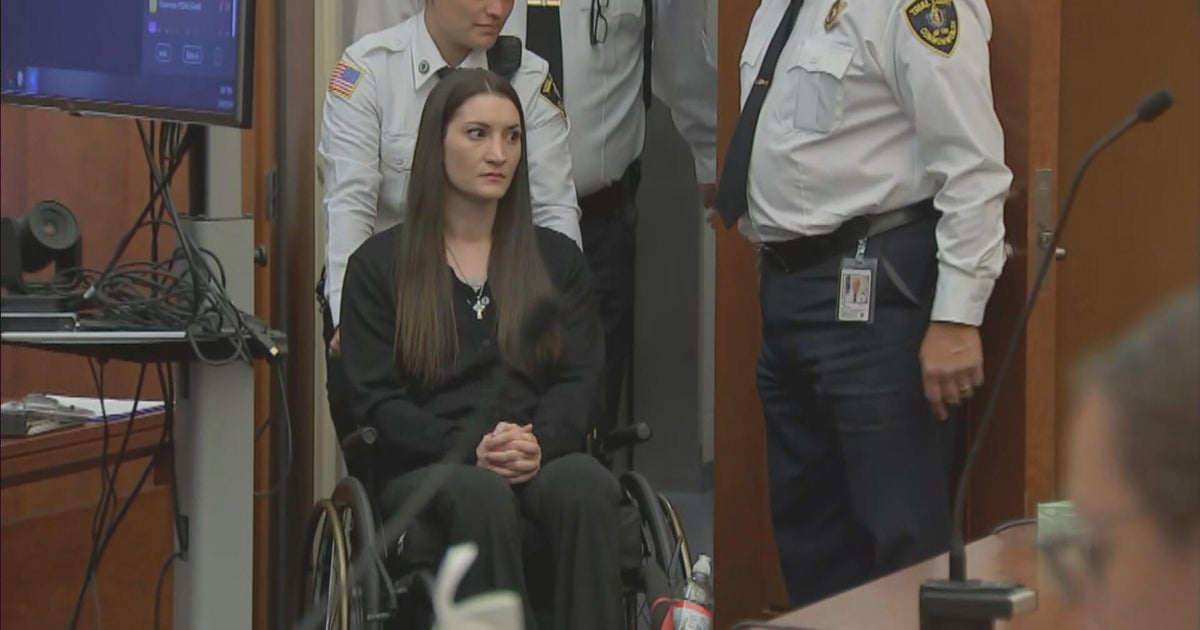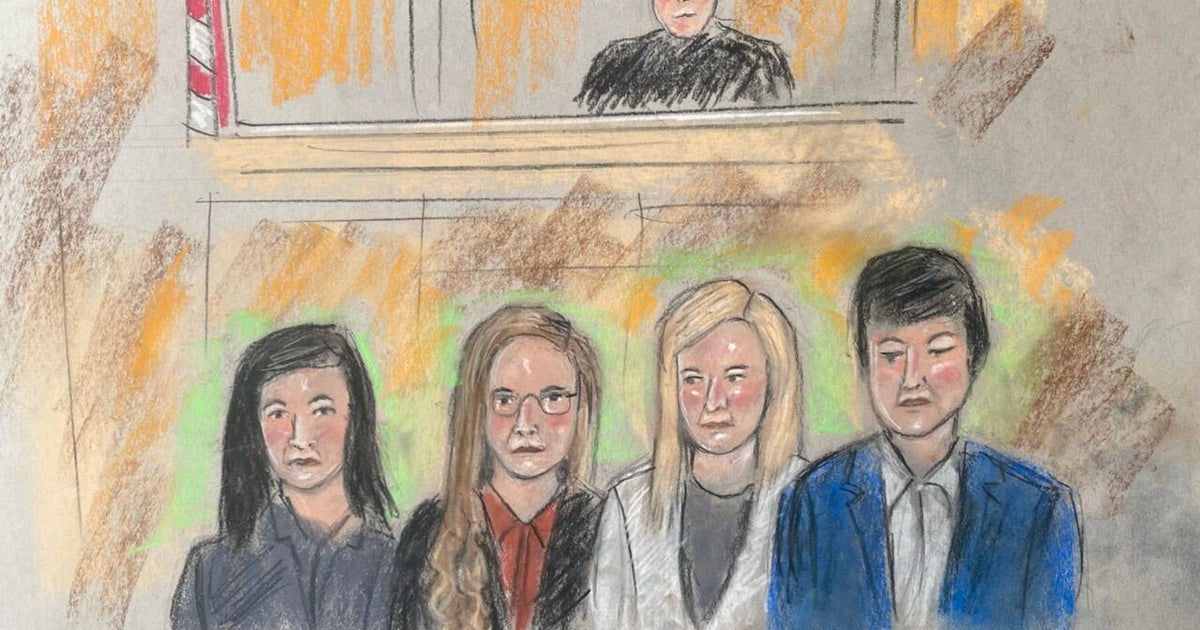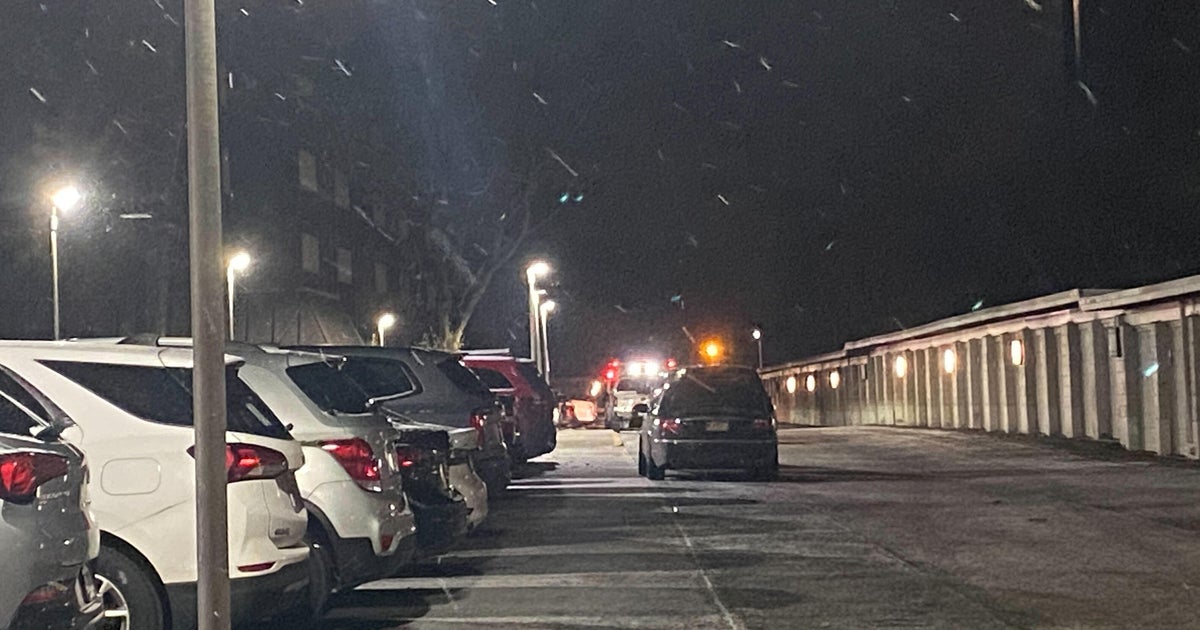Jury selected in competency trial for accused Davis serial stabber Carlos Dominguez
WOODLAND – Jury selection is over for a competency trial involving a former UC Davis student accused of embarking on a stabbing rampage that left two people dead while injuring a third victim.
The defense for Carlos Dominguez claims the alleged stabbing suspect suffers from a psychotic disorder based on evaluations.
Next, a jury will now decide whether he is competent.
On Monday, Dominguez walked into the courtroom with his hair covering his face as he casts his eyes down.
A much different scene than his outburst last month when he admitted guilt and asked for forgiveness.
The state believes the defendant is competent to stand trial.
But the defense believes his client may have schizophrenia.
It appears Dominguez underwent evaluations from two forensic psychologists, including a court-appointed doctor.
According to the court-appointed doctor who reviewed the defendant's interview with investigators, he appeared to have signs of mental illness.
The defense also requested a second opinion.
This doctor attempted several times to meet with Dominguez.
The first observation lasted five hours.
However, the second evaluation ended after an hour and Dominguez would not come out of his cell for the third evaluation.
Legal experts say the threshold for competency is low, essentially because everyone is presumed competent.
It is now up to the public defender to make his case.
In recent weeks, the Davis community anxiously followed the discussion around Dominguez's competency.
"I would like to imagine that somebody capable of doing that is not mentally strong or healthy," said Stevie Allen in June. "But at the same time, I do believe we all need to be held accountable for things that we do."
Yet, that is not what jurors will determine.
Instead, does the defendant understand what is happening around him while in court?
"You have a right to understand what's going on in the courtroom," said Dr. Dana Anderson, a forensic psychologist. "You need to be able to work with your attorney in a rational way."
Dr. Anderson did not evaluate Dominguez, but she says it is critical the court gets the decision right. There are times when a jury will find a defendant not fit during a criminal trial which halts the process, she said.
"Think about how that disrupts the entire judicial process," Dr. Anderson said. "Now, they have to start over."
It also prolongs the pain for victims' families and communities seeking healing.
What would happen if someone were found incompetent?
Dr. Anderson explains most often a defendant may receive treatment at a state hospital, or even in jail.
Competency restoration is usually the outcome, but it does take time.
"It is best to err on the side of caution," she said.
